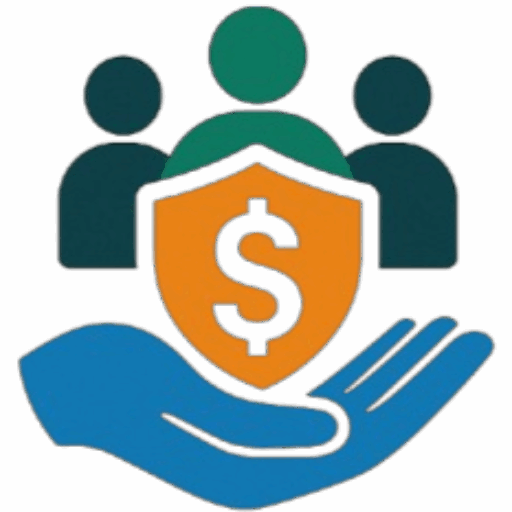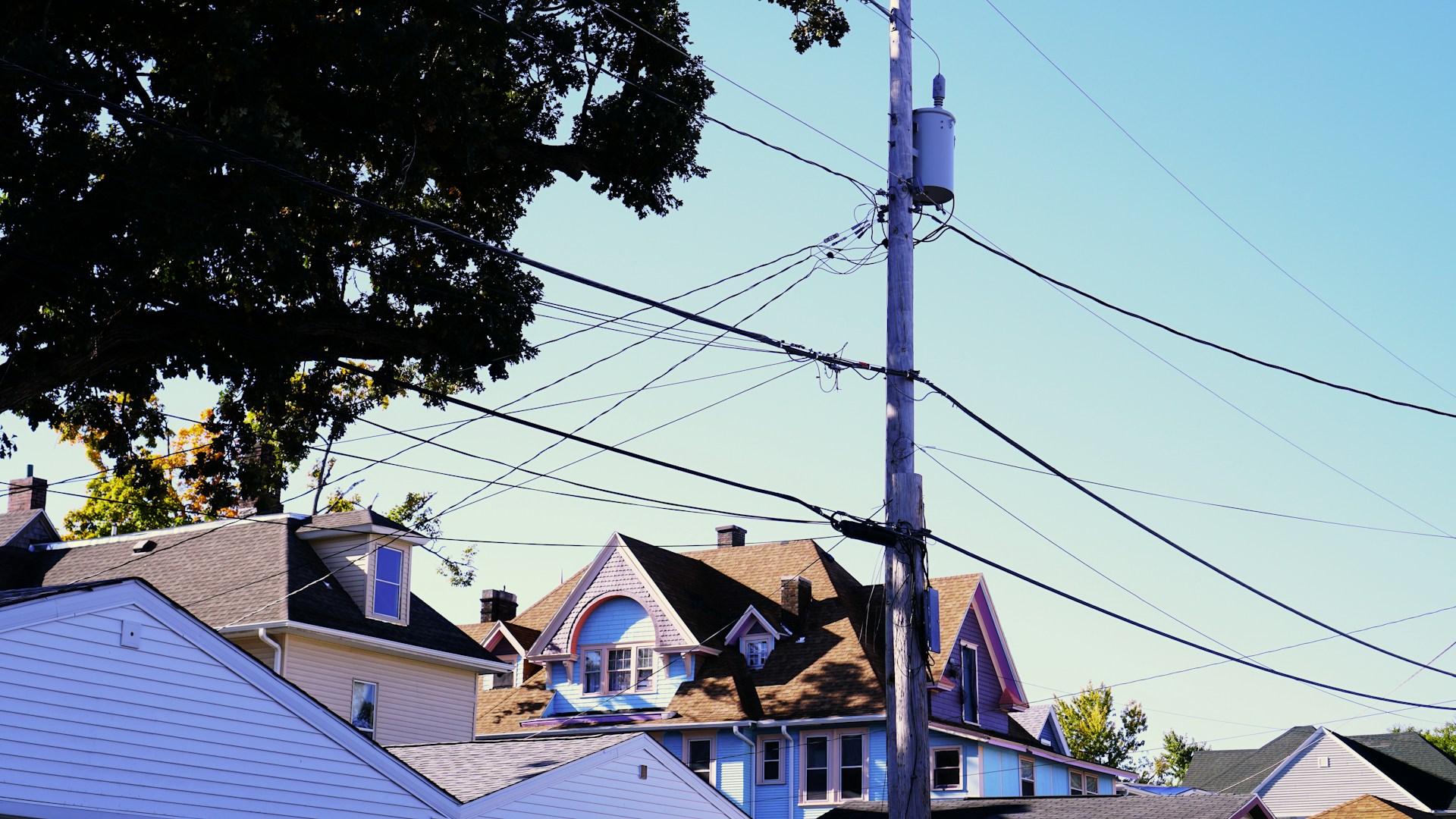When bills start stacking up and rent feels impossible to cover, it’s easy to feel overwhelmed. But across many communities, there are programs designed to help people stay housed and keep the lights on. These resources aren’t always widely advertised, but they exist—and they can make a real difference.
Government Assistance Programs
Most countries have some form of public assistance for individuals and families facing financial hardship. These programs often include emergency rental aid, utility subsidies, or one-time grants to help cover overdue bills.
To access these services, start by visiting your local social services or welfare department. Many have online portals where you can check eligibility, submit documents, and track your application. If you’re not sure where to begin, a quick call to your city or municipal office can point you in the right direction.
Community-Based Support
Local nonprofits and community organizations often fill the gaps left by larger government programs. These groups may offer short-term rent assistance, utility bill support, or even help negotiating payment plans with landlords or service providers.
Some organizations focus on specific populations—like seniors, single parents, or people with disabilities—while others serve anyone in need. Community centers, food banks, and faith-based groups are great places to ask about available support. Even if they don’t offer direct aid, they often know who does.
Utility Company Hardship Programs
Many utility providers have hardship programs for customers who are struggling to pay their bills. These programs might include deferred payment plans, bill forgiveness, or discounts for low-income households.
Contact your electricity, water, or gas provider directly and ask if they offer any assistance options. Some companies also partner with local charities to distribute aid on their behalf. The sooner you reach out, the more likely you are to avoid disconnection or late fees.
Online Directories and Helplines
If you’re not sure what’s available in your area, online directories can help. Many countries have national or regional websites that list rent and utility assistance programs by location. These sites often include eligibility guidelines, application instructions, and contact information.
In addition, helplines operated by government agencies or nonprofits can connect you with local resources. These services are typically free and confidential, and they’re staffed by people trained to help you navigate your options.
What to Prepare Before Applying
Most assistance programs require some basic documentation. This might include proof of income, a copy of your lease or utility bill, identification, and a brief explanation of your current situation.
Gathering these documents ahead of time can speed up the process and reduce stress. If you’re unsure what’s needed, don’t hesitate to ask. Many organizations are happy to walk you through the steps.
Don’t Wait to Ask for Help
It’s common to delay seeking help out of pride or uncertainty. But the earlier you reach out, the more options you’ll have. Many programs have limited funding or strict deadlines, so acting quickly can make all the difference.
Asking for help is not a sign of failure—it’s a step toward stability. Everyone needs support at some point, and these programs exist for exactly that reason.
Rent and utility assistance programs are more than just temporary fixes. They’re lifelines that can help you stay in your home, avoid disconnection, and regain a sense of control. Whether you’re facing a short-term setback or a longer financial challenge, there are people and programs ready to help.
Start with a phone call. Visit a local office. Ask questions. Relief might be closer than you think.


Leave a Reply